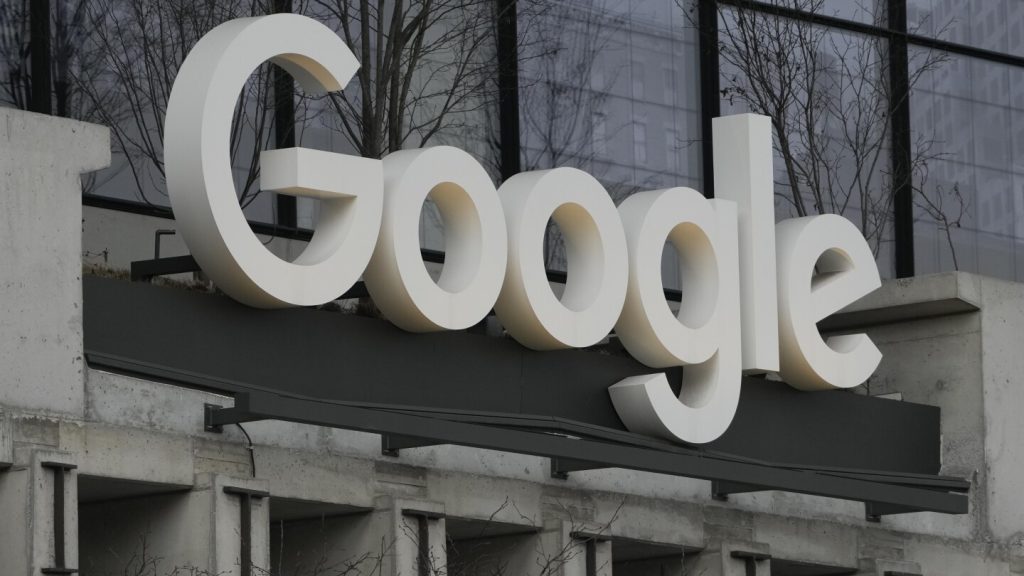The judge overseeing a key antitrust trial involving Google expressed skepticism about the potential for a rival search engine to emerge and compete against Google. U.S. District Judge Amit Mehta questioned whether another company could amass the necessary resources to develop a search engine that could challenge Google’s dominance, noting the difficulty of entering the market and cutting into Google’s profits. With Google controlling about 90% of the U.S. internet search market and generating significant revenue from digital ads, the judge raised concerns about the lack of competition in the industry.
The trial has focused on Google’s alleged efforts to protect its dominance by securing default search contracts with companies like Apple, ensuring that its search engine is the automatic choice for users. The Department of Justice has argued that Google’s spending on these contracts surpasses its investments in improving search quality, further solidifying its position in the market. The judge questioned the prevalence of users switching away from default search engines, pointing to examples like Microsoft’s Edge browser, where the majority of users stick with the default option rather than switching to Google.
Google has defended its market position by emphasizing its technological superiority and denying any wrongdoing. The company’s lead litigator, John Schmidtlein, argued that Google’s success is a result of its superior technology, rather than any anti-competitive practices. He highlighted examples where companies like Apple and Mozilla had the option to choose alternative search engines but ultimately decided to stick with Google due to user preferences. The judge also questioned the Justice Department about the nature of Google’s contractual agreements with Apple and whether competitors were making enough investments to challenge Google.
Both the Department of Justice and Google are presenting closing arguments in the trial, seeking to conclude the largest antitrust case in the past 25 years. The judge is expected to issue a ruling in late summer or early autumn, determining whether Google violated antitrust laws and potentially leading to further legal action to address its market power. The case against Google draws parallels to the landmark antitrust case against Microsoft in the 1990s, highlighting the significant implications for a tech giant with products used by billions of people. The outcome of the trial could have far-reaching consequences for the tech industry and competition in the online search market.


